
Lithium-ion batteries, safety and peace of mind are paramount.
When it comes to Lithium-ion batteries safety and peace of mind are paramount. The growing popularity of e-scooters and e-bikes as a form of urban

When it comes to Lithium-ion batteries safety and peace of mind are paramount. The growing popularity of e-scooters and e-bikes as a form of urban

The Battery Stewardship Council (BSC) has announced an early review of the current B-cycle battery scheme. Initially set for reauthorisation by the Australian Competition and
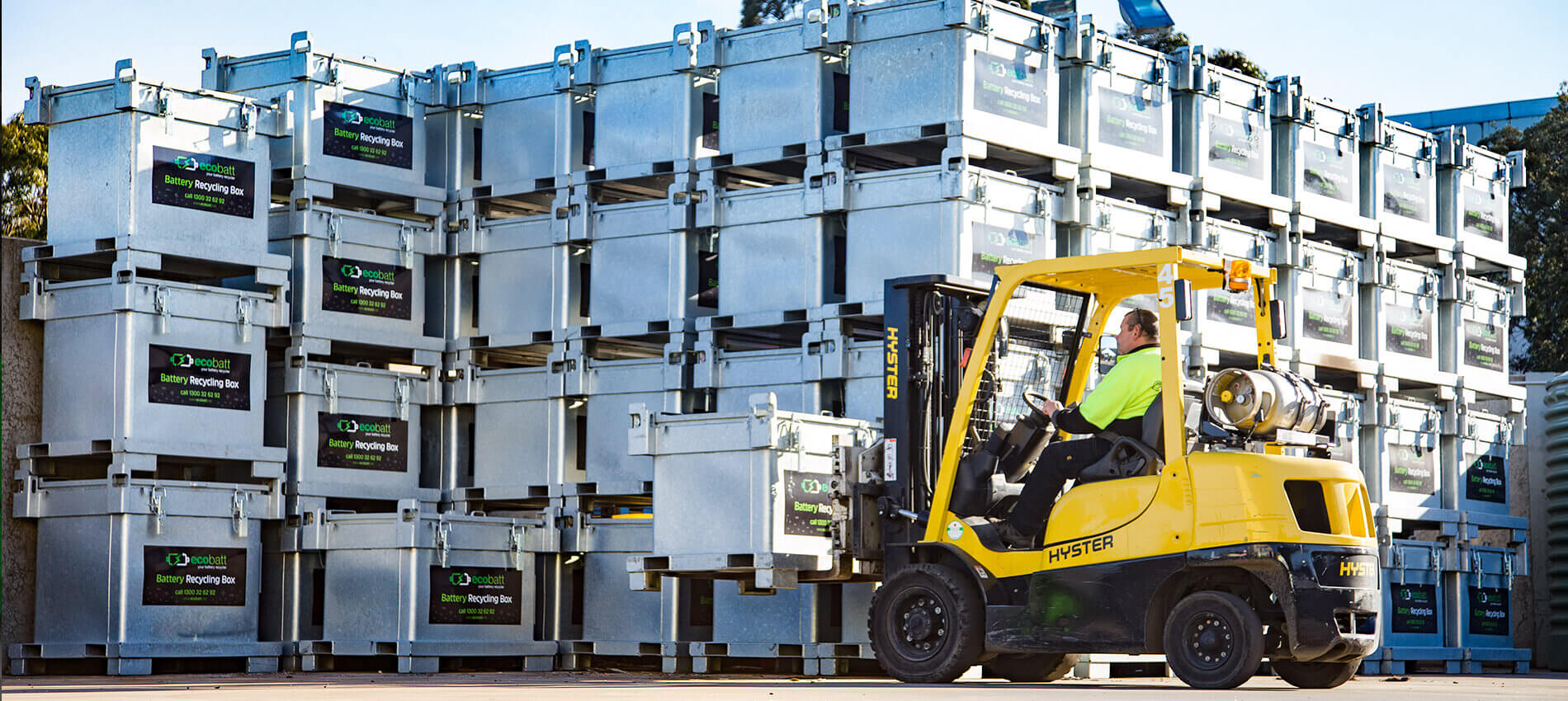
In Australia the growth of the fledgling battery recycling industry is starting to be realised. Currently the national recycling rate of household batteries is estimated

Throughout Australia there is growing concern at the number of lithium-ion fires being caused by e-bikes and scooters. In NSW alone the number of fires

The transition to renewables through wind and solar builds is not progressing as rapidly as the government would like. Big batteries are emerging as the

Four young Finnish engineers have developed a sand battery that could transform clean energy storage. Their company has evolved into a start-up, Polar Night Energy.
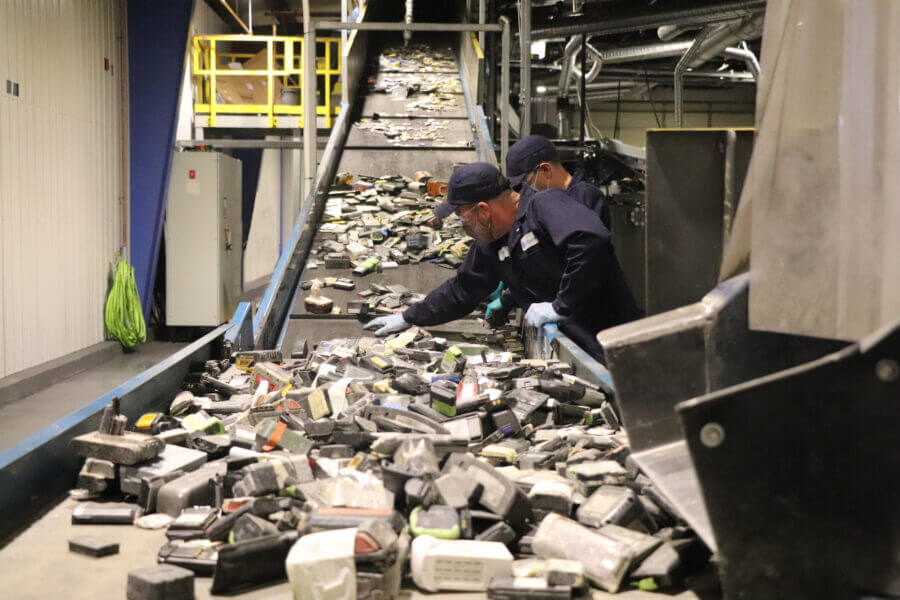
As the demand for lithium-ion batteries grows managing their end-of-life recycling is an increasingly important issue for manufacturers, and suppliers. Particularly, sectors such as electric
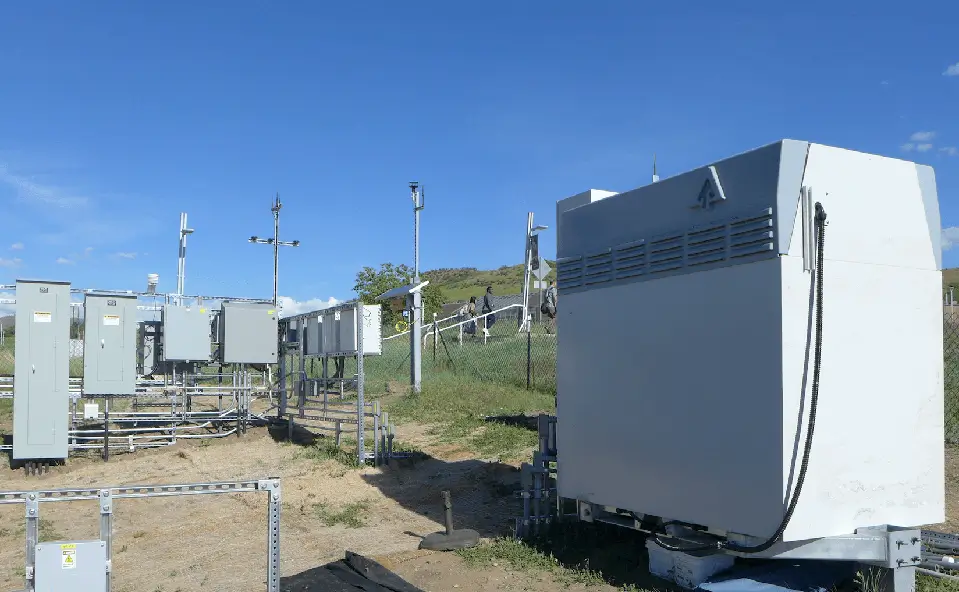
With the opportunity to better exploit their jointly owned high-purity vanadium, Australian Vanadium and Technology Metals are looking to merge. This is a by-product of
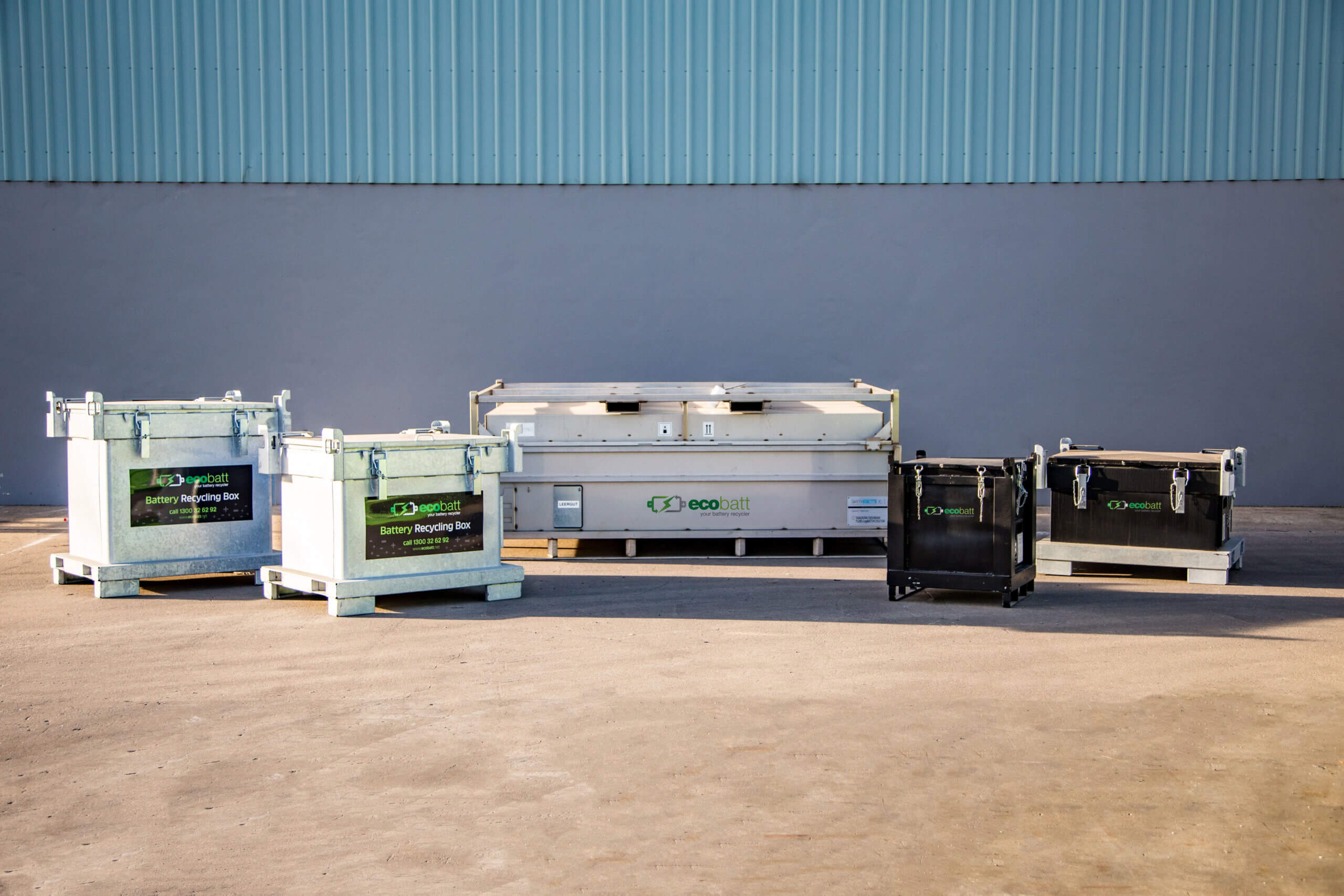
The importance of recycling EV batteries is slowly being recognised throughout the world. Companies along the battery supply chain are investing billions of dollars in
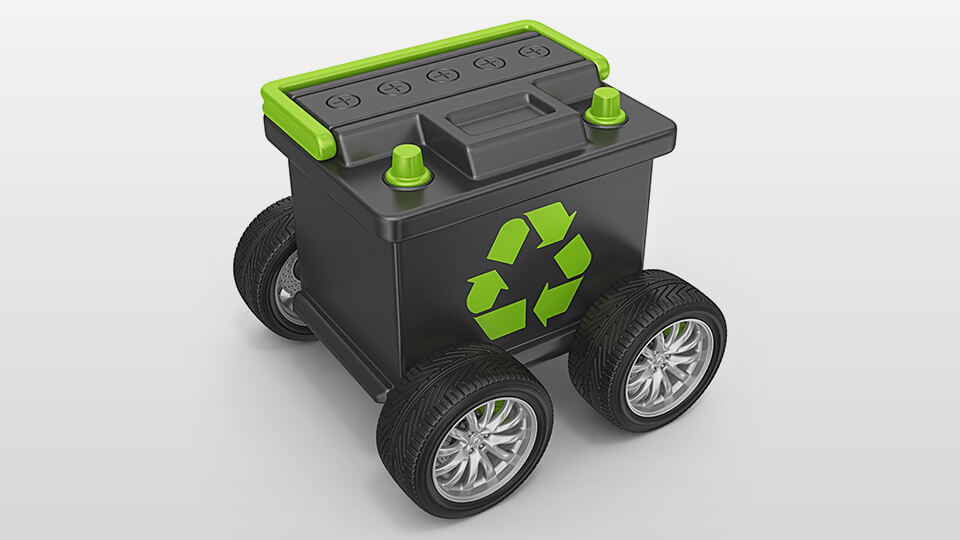
The Battery Stewardship Council has called for a national plan on used EV Batteries. Libby Chaplin, CEO of the BSC, has outlined the need for
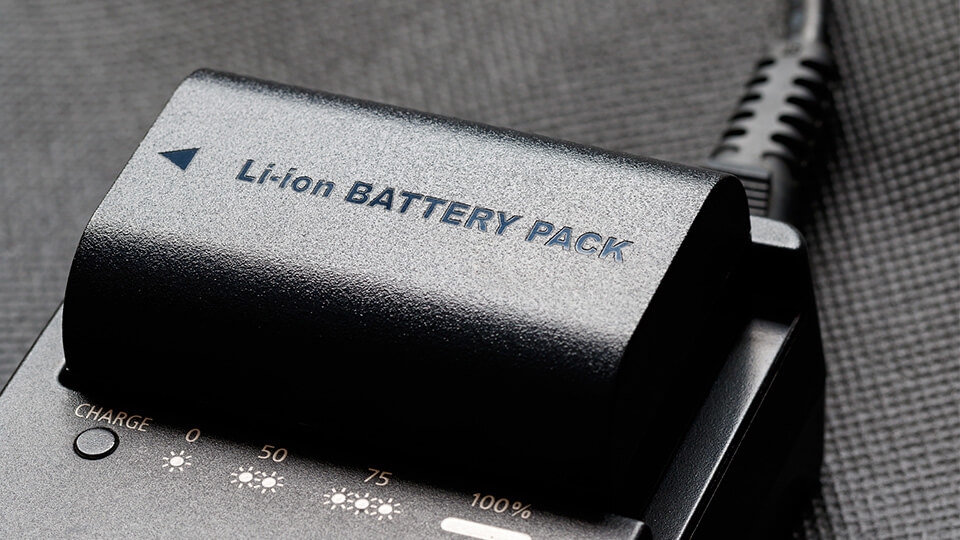
“Recycling of lithium-ion batteries is one of the most important technologies to decarbonise future society”, says Melbourne University researcher Junnan Lu. Recent research conducted by
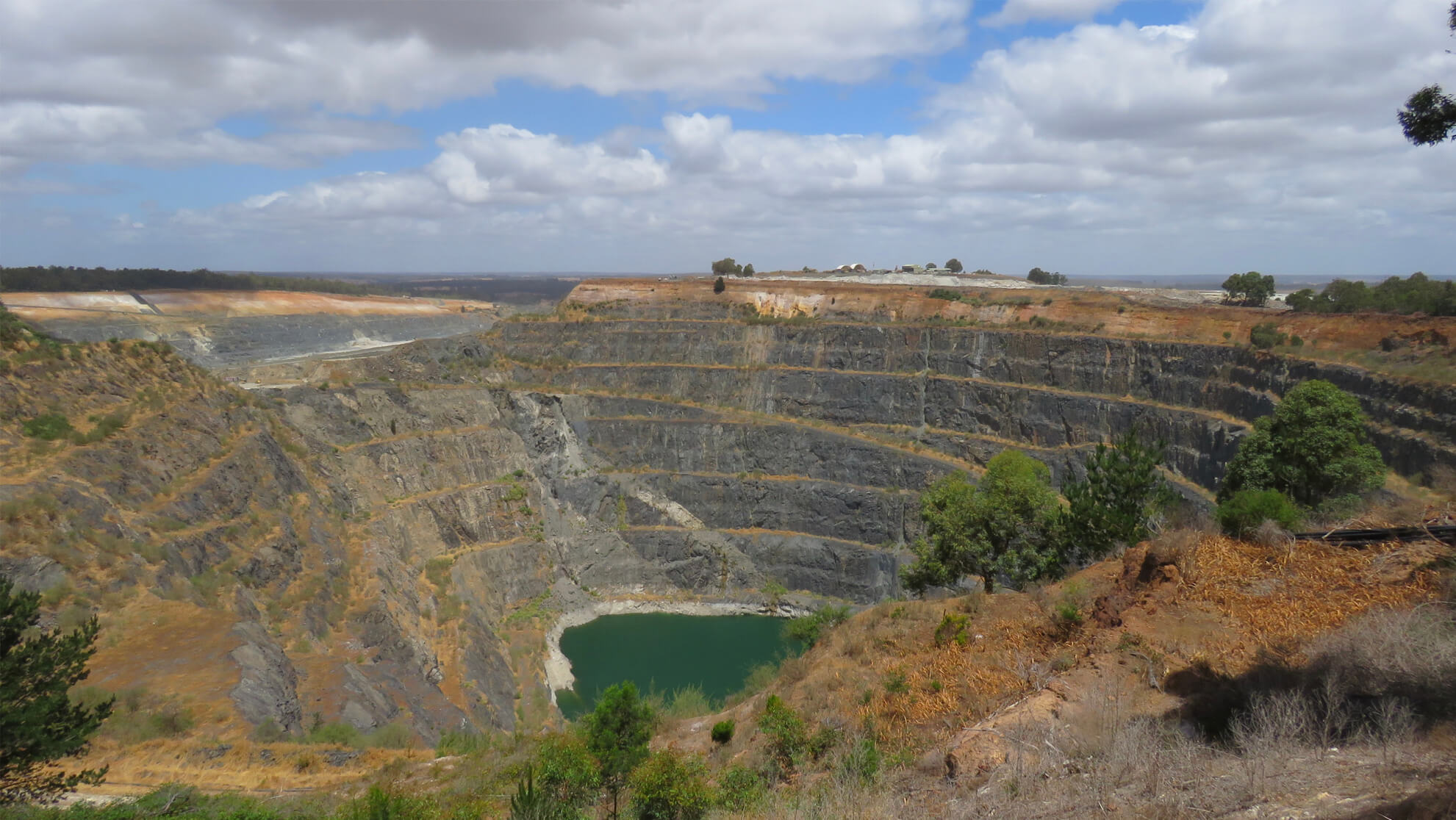
Lithium demand is expected to quadruple in the next decade. Electric vehicle demand as well as Gigafactories, grid storage and e-scooters are all contributing to

Expired electric-car batteries are set to be a major problem from 2030. New research by the University of Technology Sydney has revealed 30,000 tonnes of
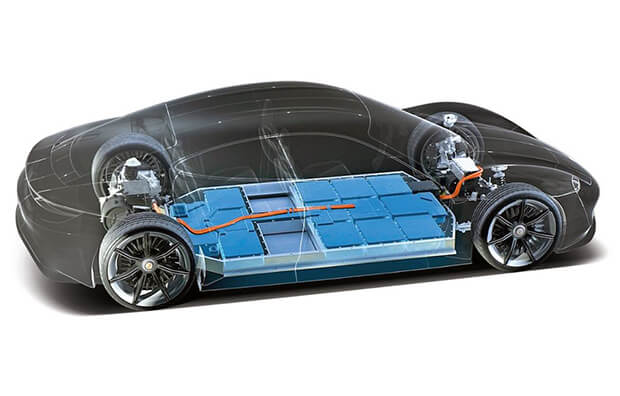
New supply chains to handle battery recycling are the subject of a recent report by the McKinsey group. With the growth of electric vehicles and
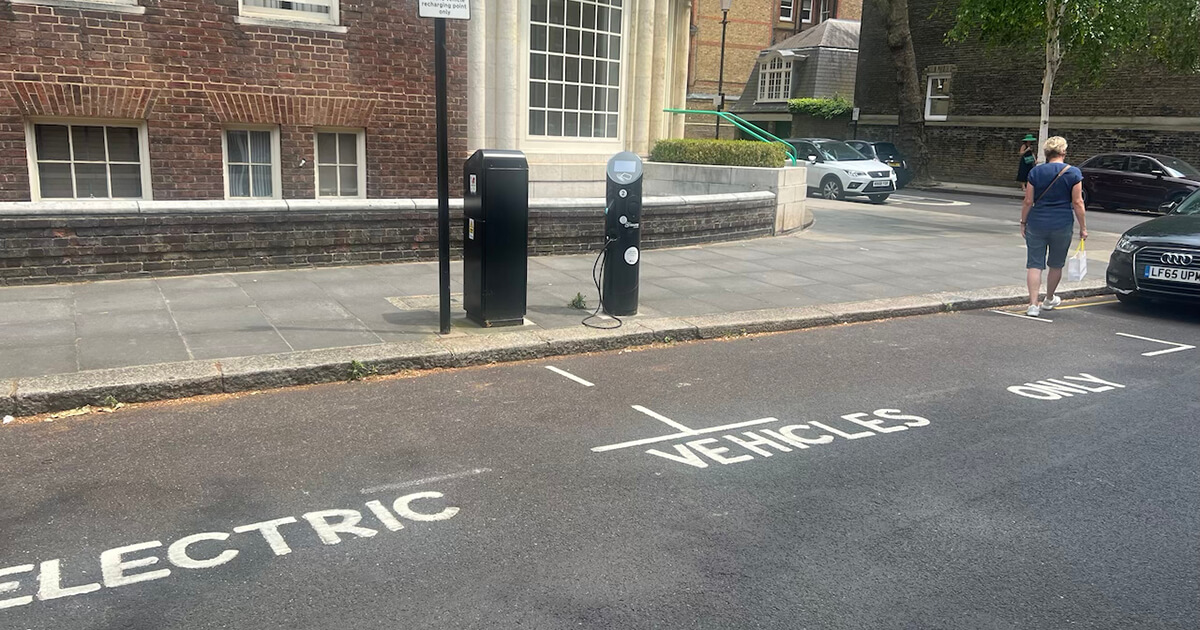
More innovation to accelerate the EV rollout will be required if Australians are to successfully make the transition to electric cars. Undoubtedly, the fact that

Delivering what they say is not something that many organizations do. In an era of social media, it’s easy to jump on the bandwagon. Especially
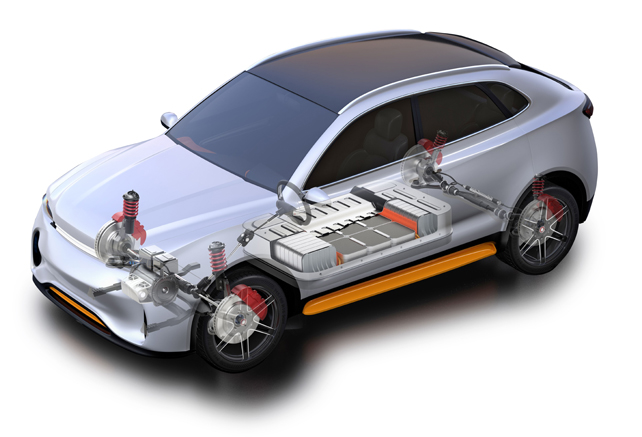
Prices of Critical Metals will impede the penetration of EV vehicles in China. An academic paper has highlighted the challenges with a sobering market analysis.

Recycling Lithium-ion batteries is becoming a more important initiative for many of the world’s largest companies. The increasing usage of mobile phones, laptops and wireless
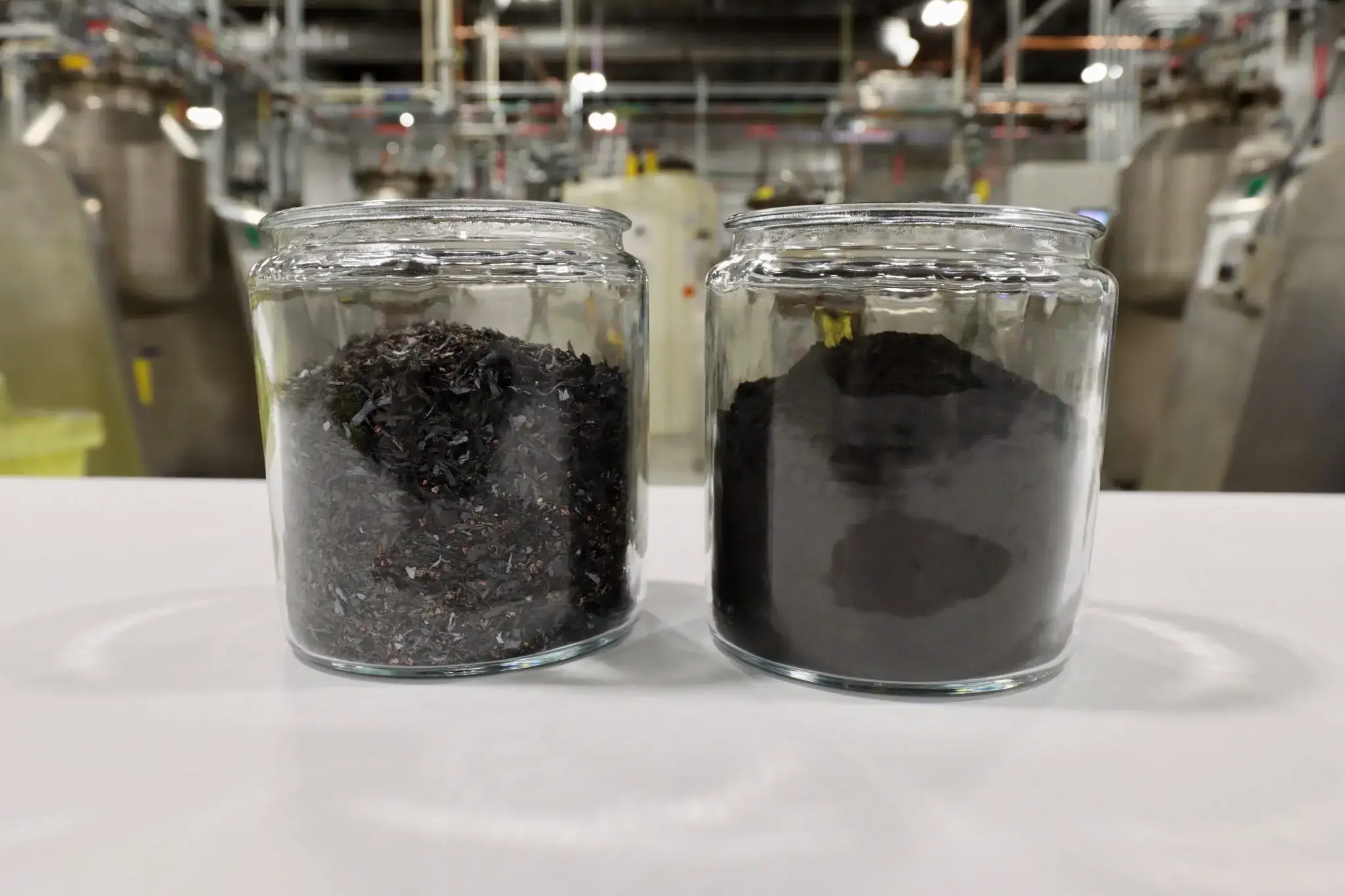
Recycling old batteries to work as new might sound unrealistic but new independent tests show it can be done. Redwood Materials, a US specialist recycling

Battery recycling for electric cars is not an easy business model. Whilst more US companies are interested in recycling of electric car batteries, a recent
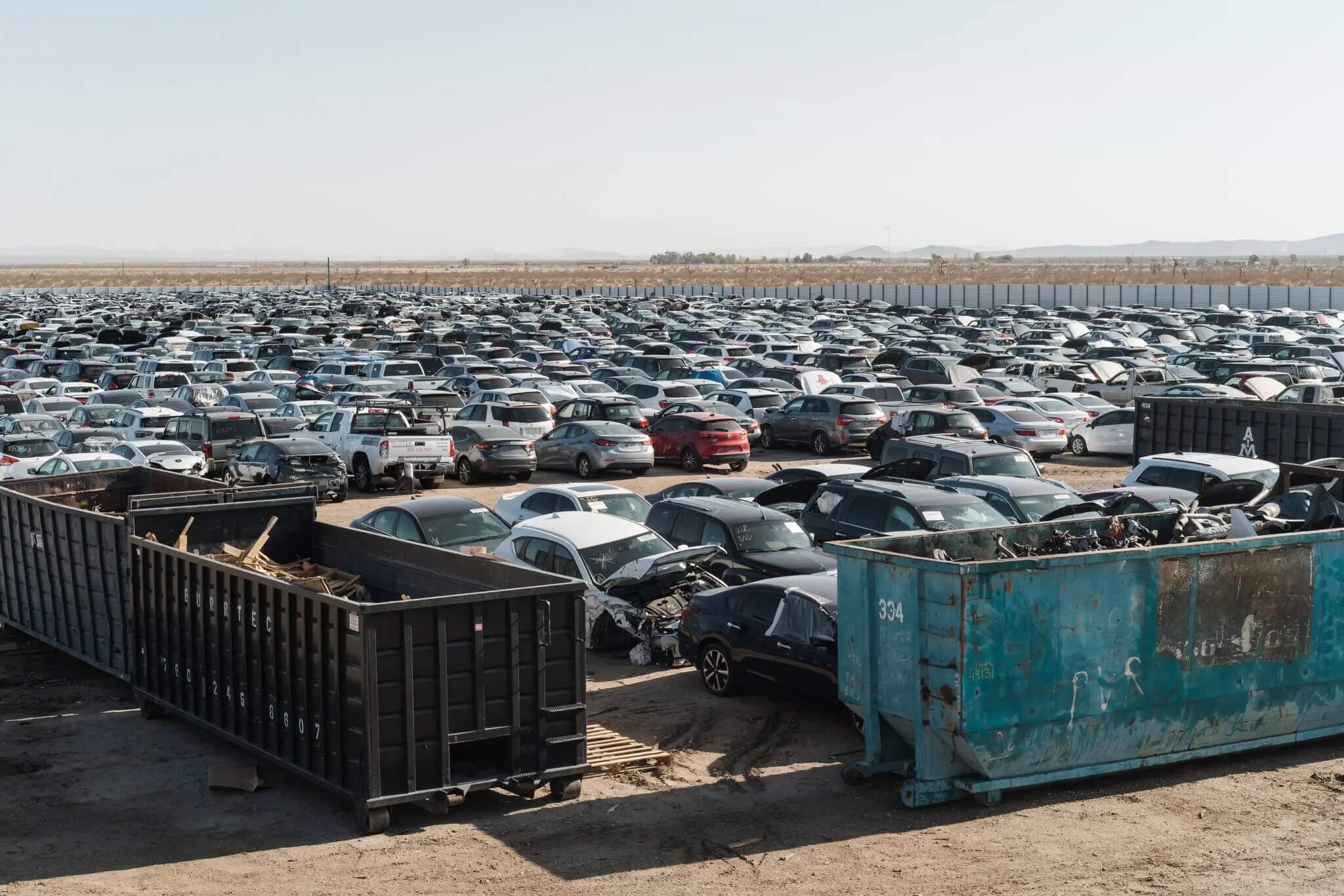
New research into recycling lithium-ion batteries is being conducted by James Cook University (JCU) PhD Candidate, Emenike Okonkwo. “The method I’ve developed through my research

Decarbonizing transportation through greater use of electric vehicles is a major trend around the world. Lithium -ion batteries are also a critical component in developing
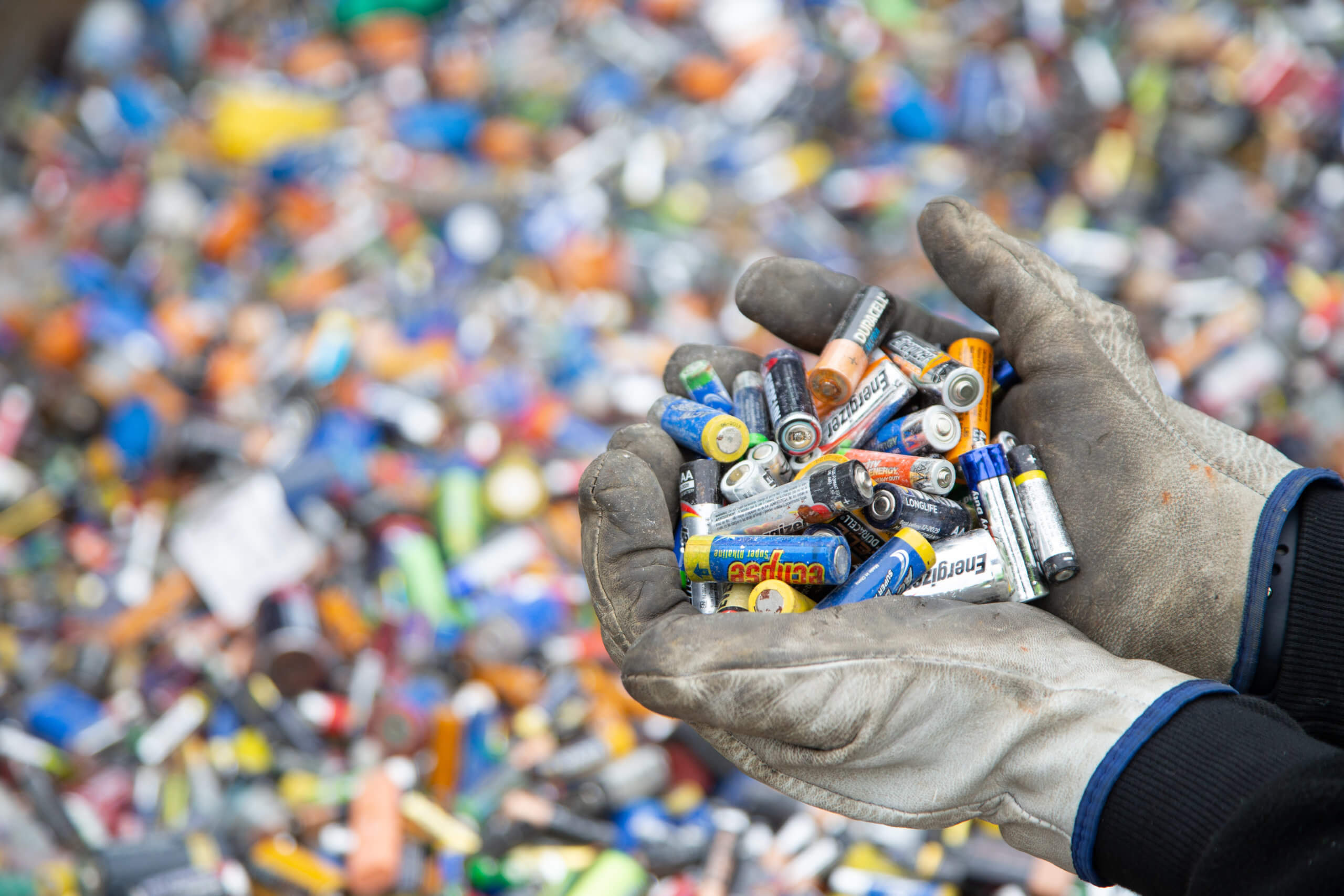
Ecobatt’s Battery Collection Service has almost 5,000 collection bins nationally with Australian retailers. Clearly it has never been more convenient for the public to recycle
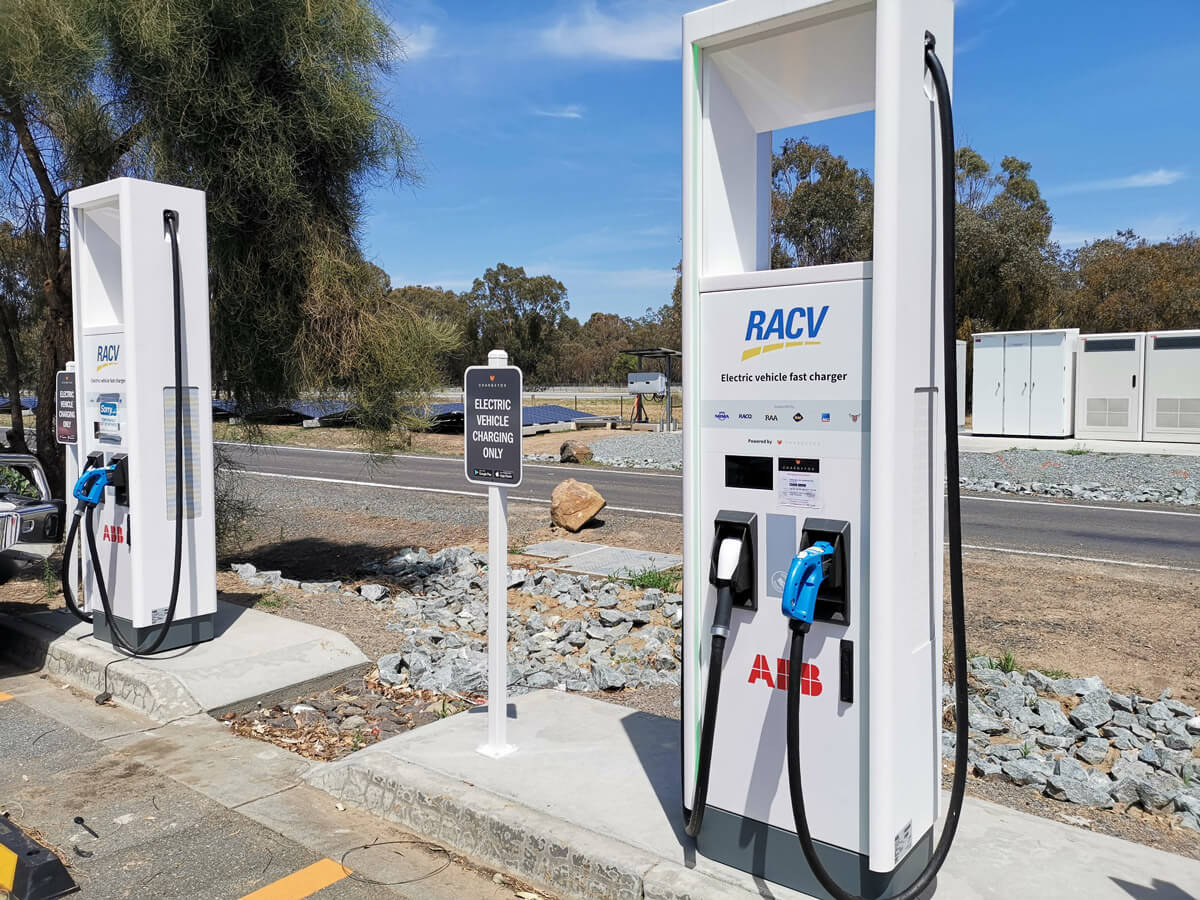
This article talks about the current penetration of EV’s in the Australian market and the challenges of infrastructure when looked at from a UK perspective.

Article explains how the company addresses integrated recycling solutions
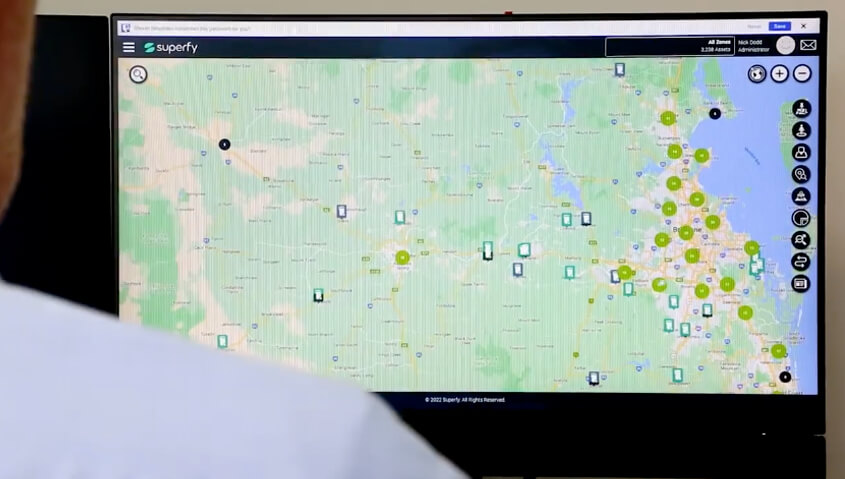
Ecobatt has visited and looked at the various technologies utilised by leading recycling companies in Europe and the US. The company has a policy of
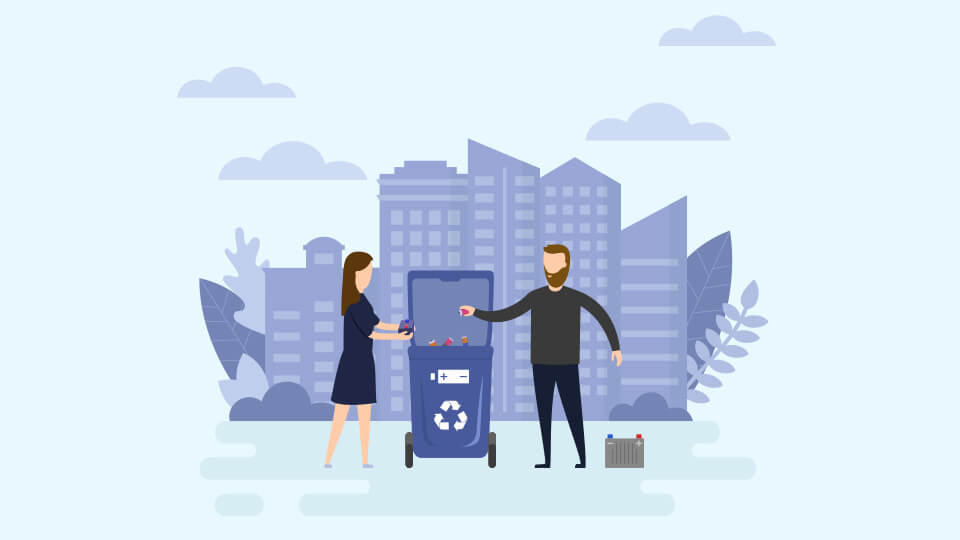
Lithium-ion batteries will play a pivotal role in our future energy needs, however we still have a long way to go when it comes to
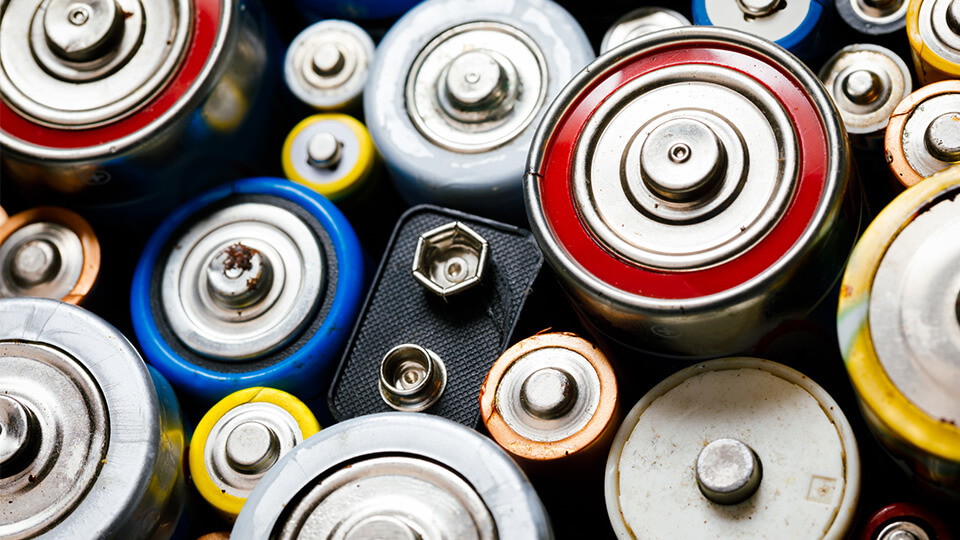
Australia’s peak recycling body has called for a national battery recycling scheme to tackle the growing problem seriously and prevent batteries from exploding in recycling
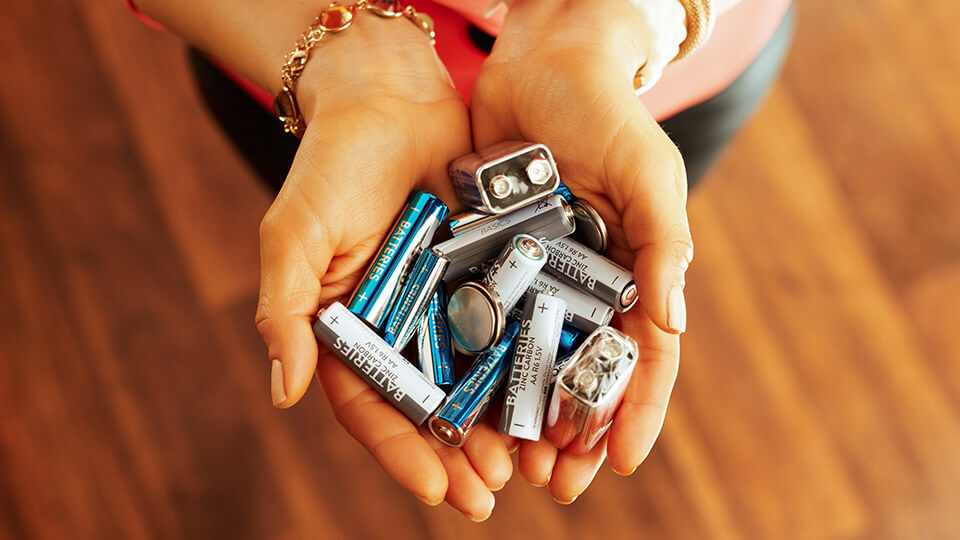
If you live in Victoria, households and businesses must recycle batteries after the state government banned all e-waste from landfill this year. The Victorian government
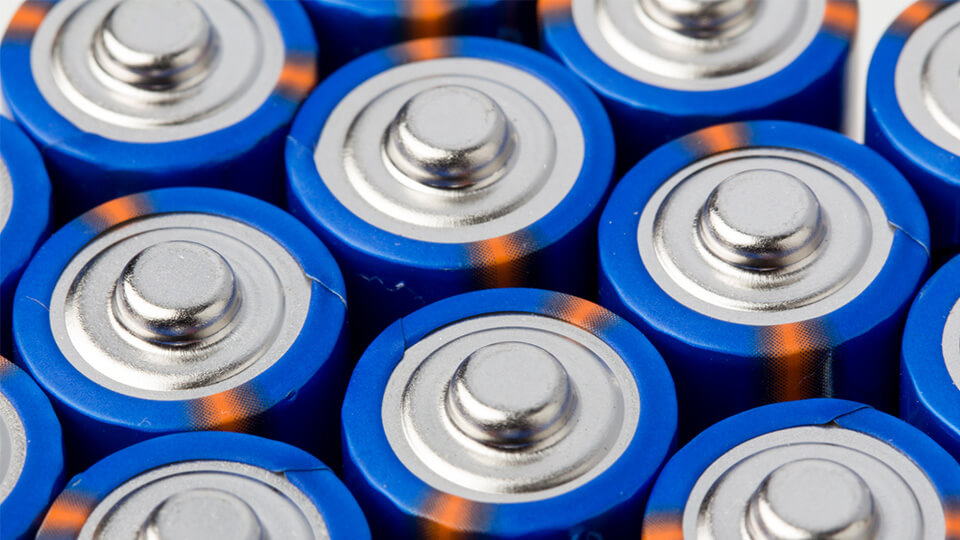
Lithium-ion batteries have had a poor recycling record for years, however a new report shows lithium-ion battery recycling is advancing much more than we think.
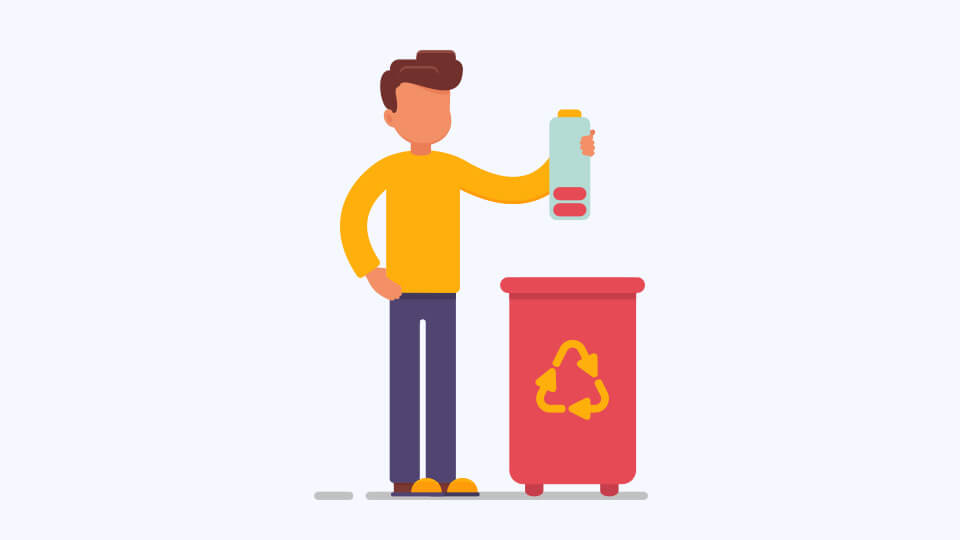
Battery recyclers will play an increasingly vital role in the future, as batteries power more and more parts of our lives. The battery market is
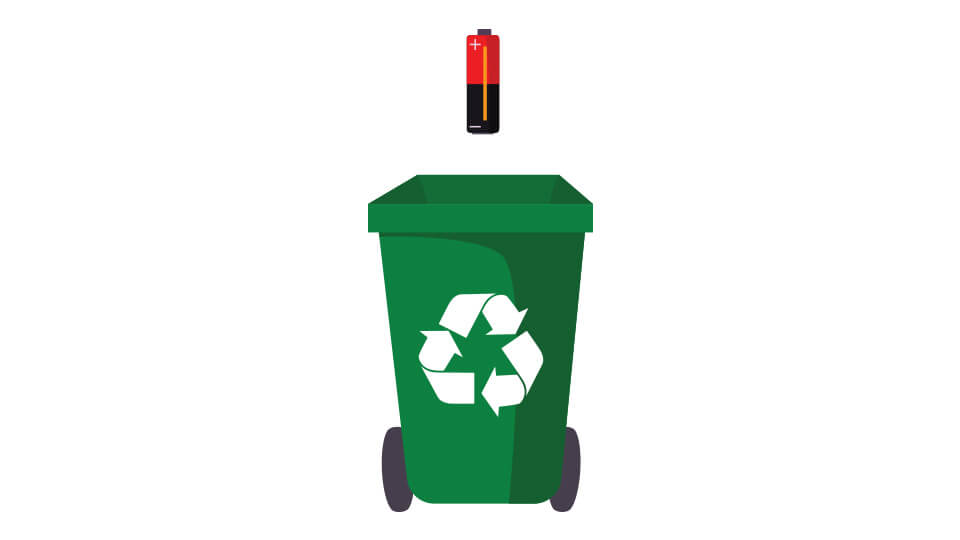
When batteries run out of power or are no longer usable, recycling them helps protect the environment and recover precious resources to reuse in new
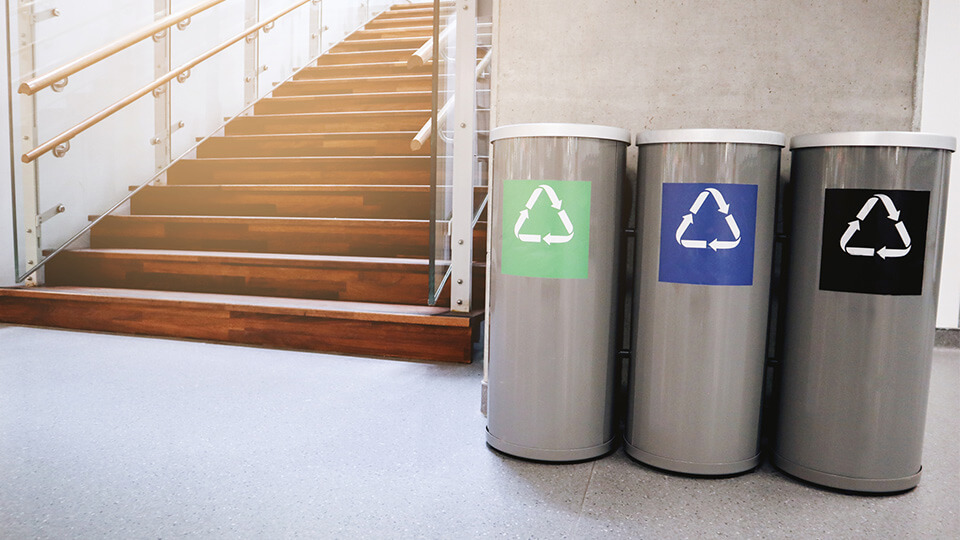
Workplaces are taking recycling more seriously these days, but successful recycling programs hinge on staff engagement and making it as simple as possible. Companies and
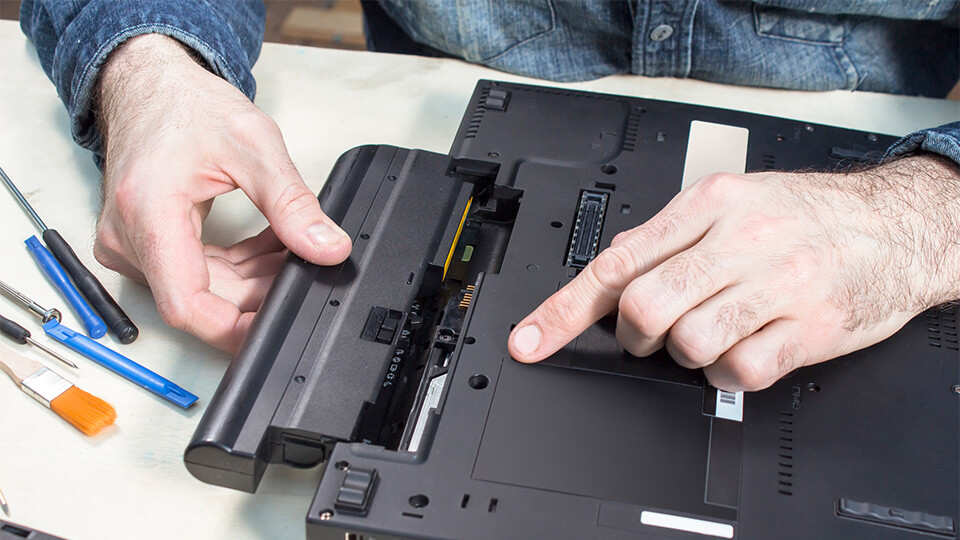
Laptops are part of everyday life, whether it’s for study, work or personal use, but what do you do with laptop batteries when they run
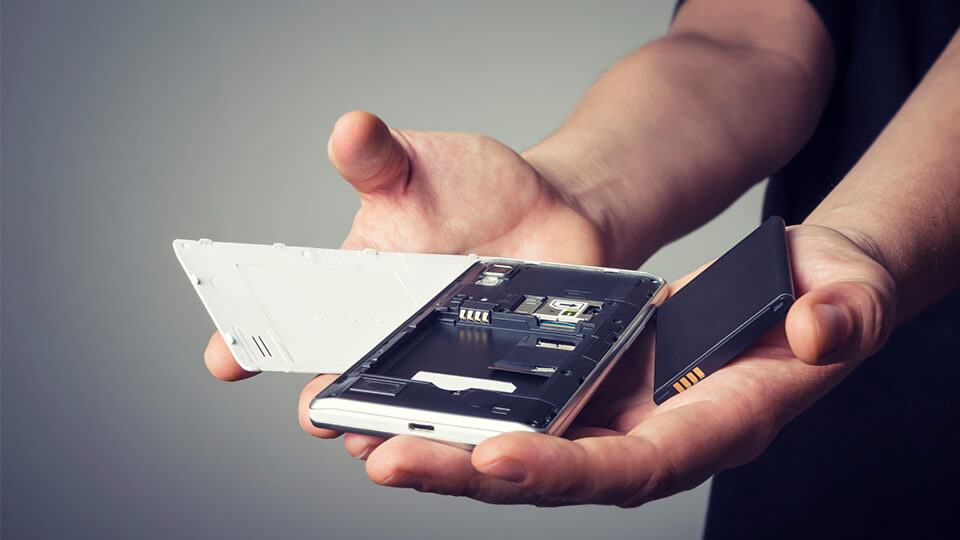
When smartphone batteries reach the end of their useful life, they often end up in a drawer at home even though there are many advantages
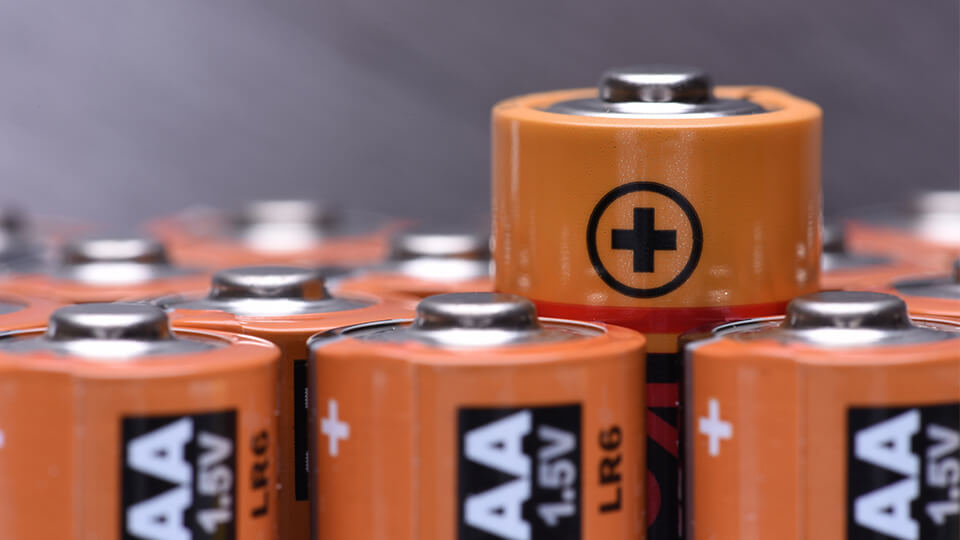
Batteries are made up of metals, chemicals and other materials that may not seem reusable, however most things found in batteries can be recycled. Despite
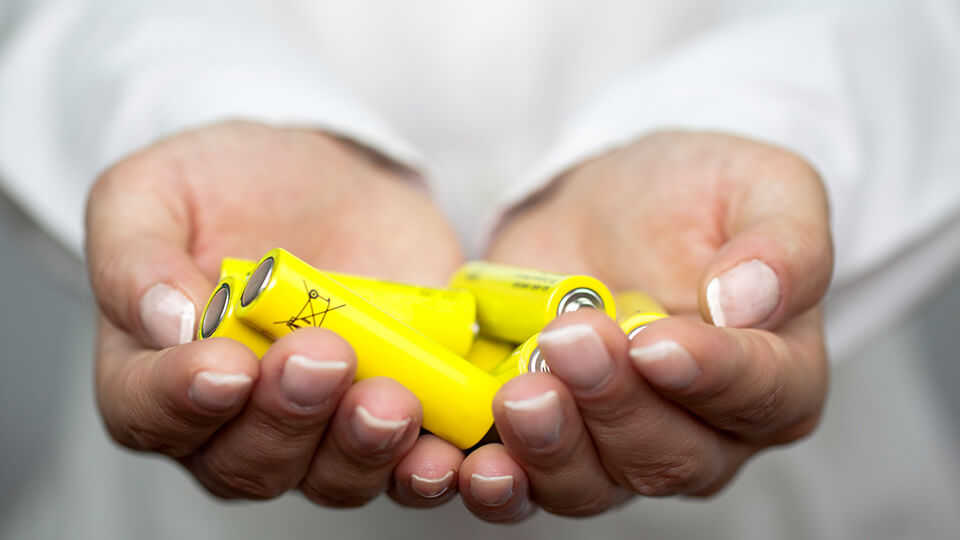
Lithium batteries power our smartphones, laptops and many other devices every day, so it’s important that we recycle the finite resources within them. Despite their
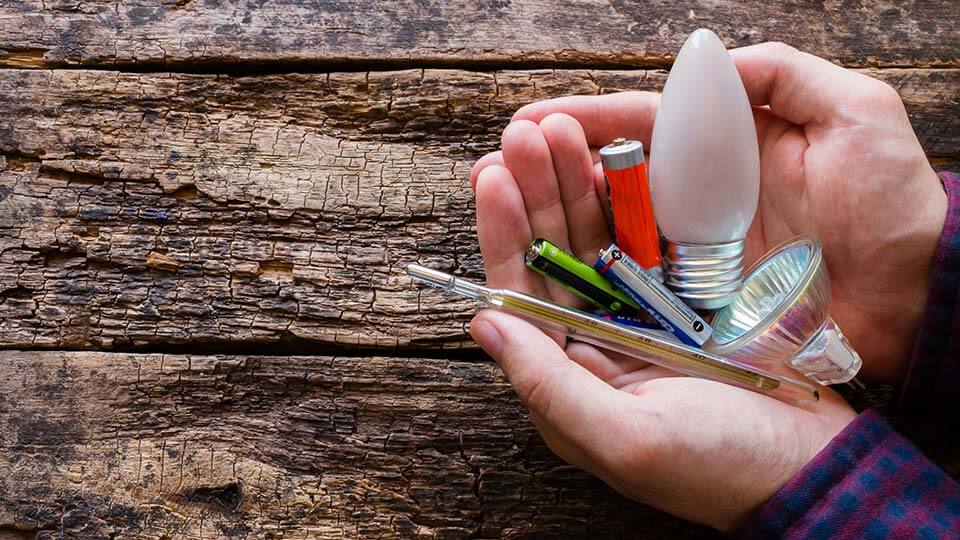
Recycling mercury-containing waste goes a long way in protecting the environment, but did you know that there are additional benefits? Mercury is found in some
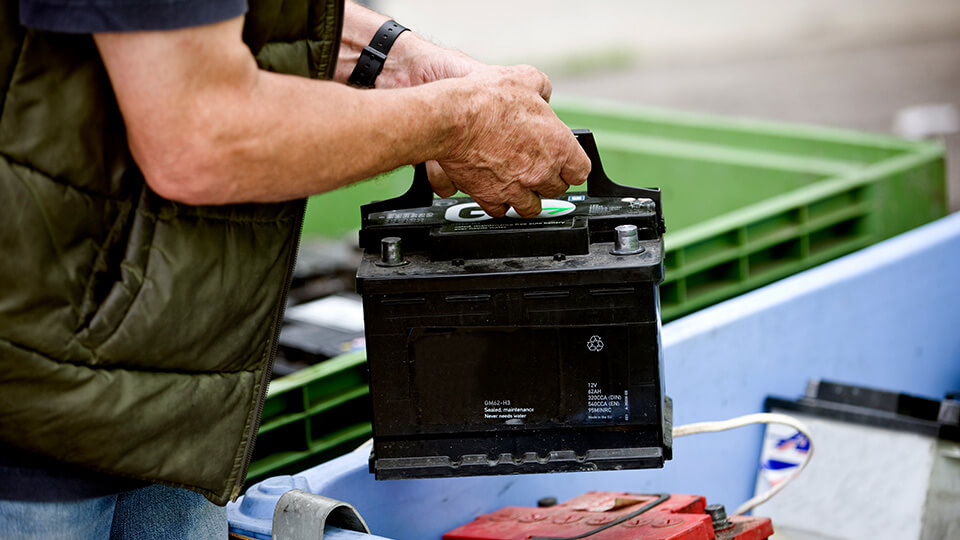
Lead-acid batteries help you start your car each day, but what happens to them once they run out of juice? These batteries, which can also
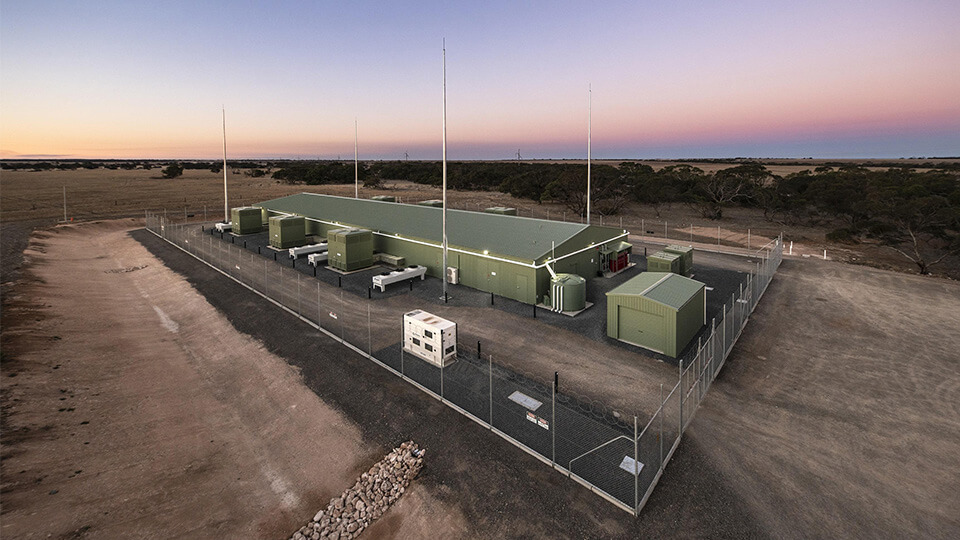
South Australia’s first big battery, the biggest lithium battery in the world, in fact, went online in December 2017. It was manufactured by Tesla, and

From Sydney to Geelong, through South Australia and Western Australia, libraries are getting in on the battery recycling act. Their focus is on the collection

You probably know that it’s a good idea to recycle your spent batteries, but are you aware of the many benefits resulting from battery recycling?
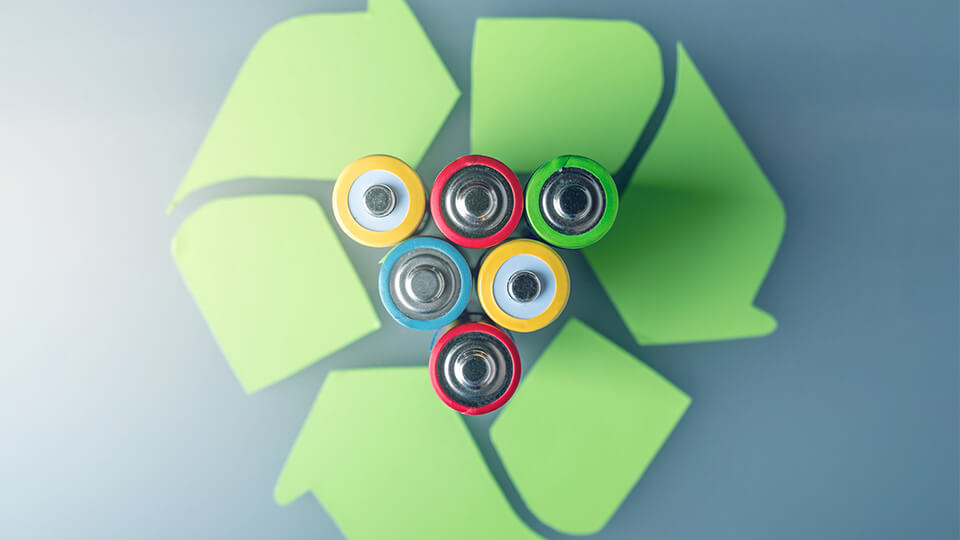
Less than 10% of batteries sold in Australia each year are recycled, with the rest ending up in landfill. That’s crazy, and not just from

What do Accor, Hilton, Crown, Mercure and Langham have in common? Sure, they’re all high profile hotel chains, but what most people don’t know is

Ecocycle Business Development Manager, Mr Daryl Moyle, recently presented to the battery recycling industry at a Lighting Council of Australia (LCA) hosted panel discussion. The

A recent report from CSIRO, Lithium battery recycling in Australia, found that a local lithium-ion battery recycling industry is both economically and environmentally achievable. The

Lithium batteries mainly comprise iron, cobalt, nickel, copper and aluminium. Despite their name, lithium only makes up 2-3% of the weight of the battery, in

Smoke alarms (or smoke detectors) are much like the millions of items of normal electrical and electronic waste that we generate each year. They are
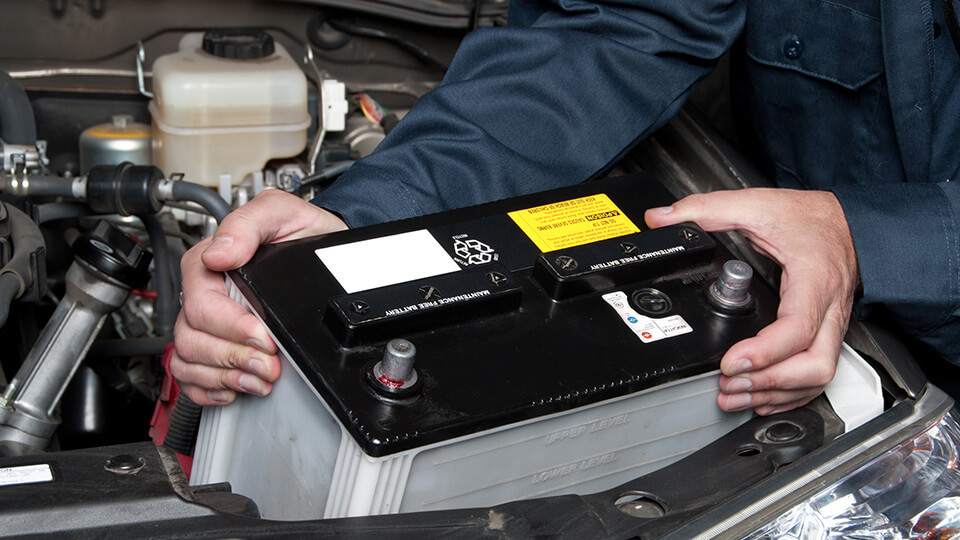
A market research report from Million Insights predicts that in 2025 the global automotive battery market will be worth US$95.57 billion (AUD$129 billion). That will
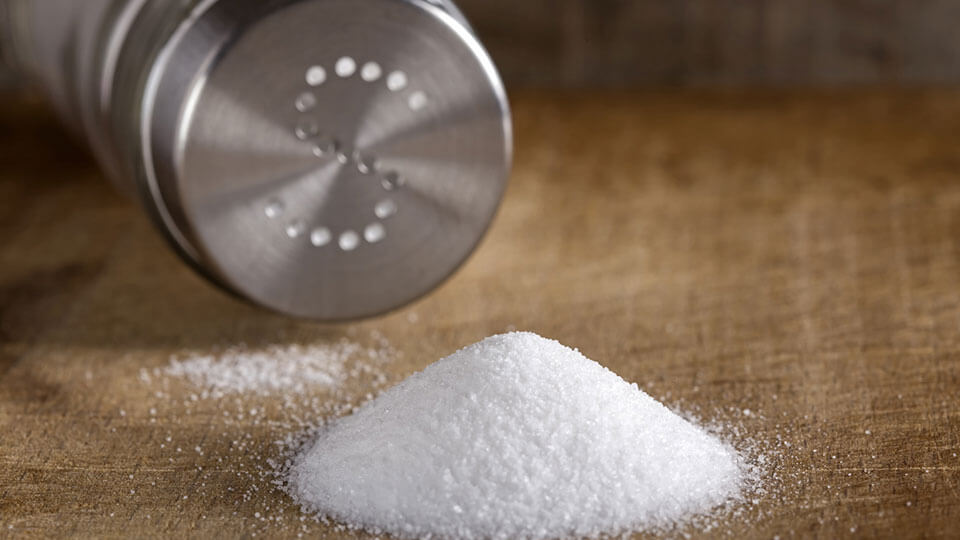
Since lithium-ion batteries appeared on the market in 1991 they’ve revolutionised mobile computing, telecommunications and, increasingly, the delivery of electricity at grid scale. However, we
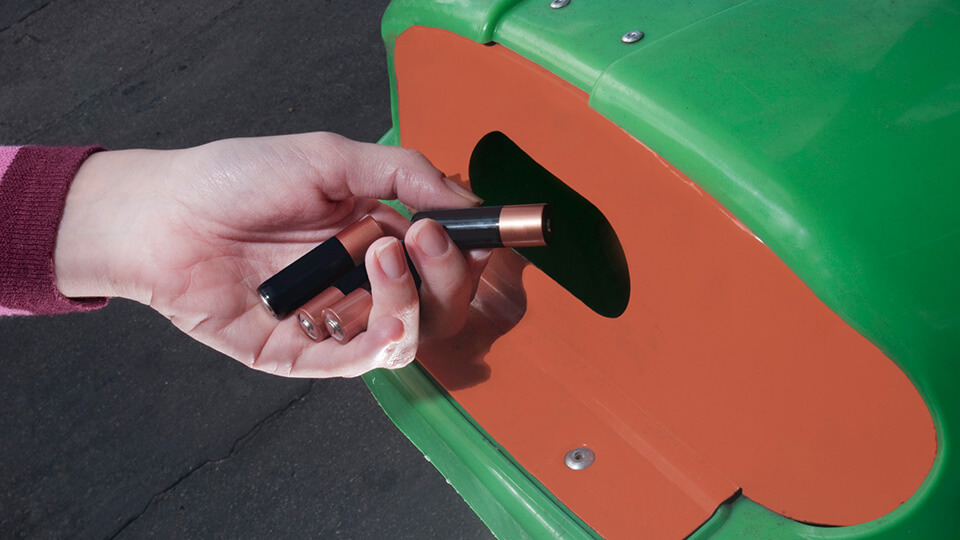
Batteries are a growing waste problem. While many millions of batteries are sold in Australia each year, less than 5% get recycled. That’s quite disturbing.
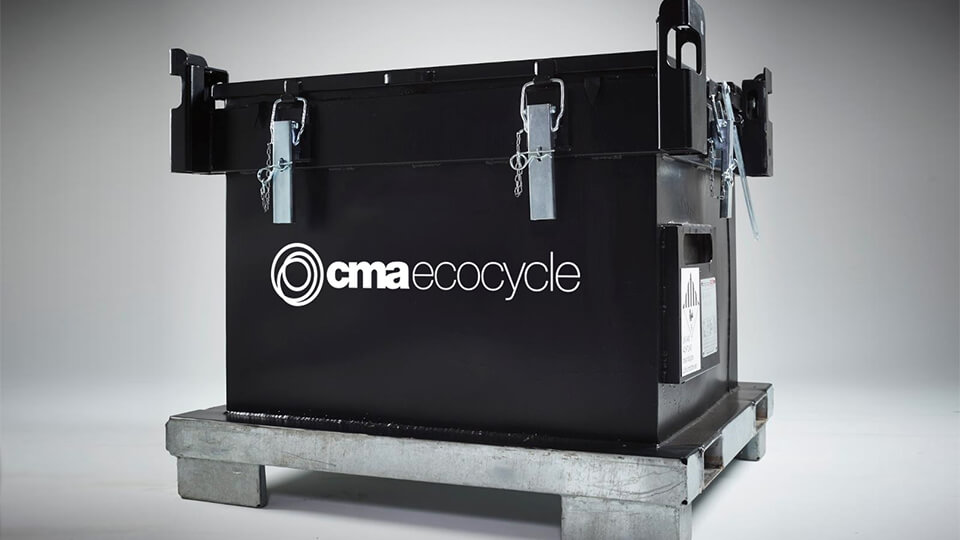
While most battery collection programs will accept most types of battery for recycling, nearly all of them will only take intact batteries. The reason is

Could Kwinana in Western Australia be to lithium what Silicon Valley is to information technology? With Australia being the world’s largest producer of lithium, a

In December 2017 Victoria’s Loy Yang power station ‘tripped’ and went off-line. Within a fraction of a second the world’s largest lithium-ion battery, based in
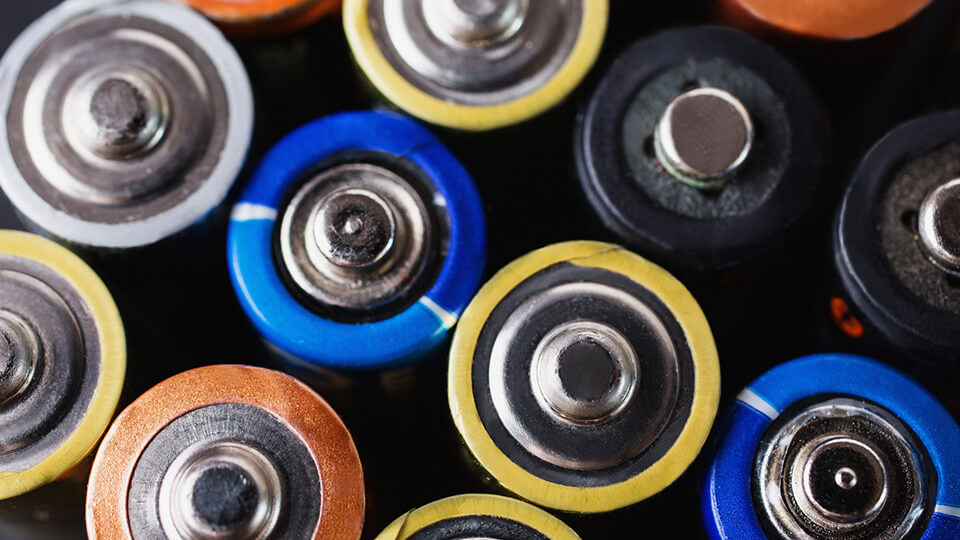
Victoria will ban all electronic waste (including batteries) from landfill from July 2019. Other states are also moving in the same direction. Rising to the
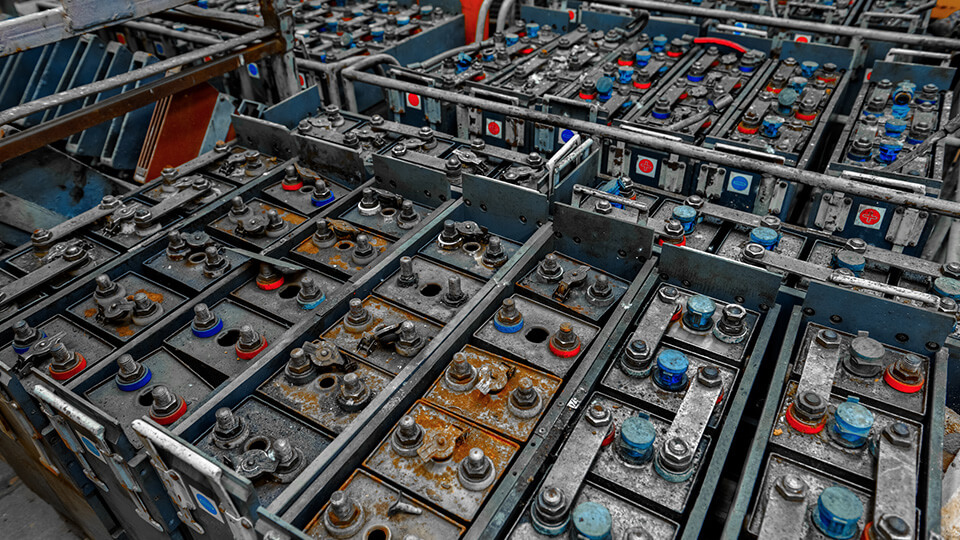
The hazards of disposing of batteries, particularly lithium batteries, in general waste have been highlighted by an increase in the number of fires in waste

Think of ‘cinemas’ and ‘recycling’ and the obvious things that come to mind are popcorn buckets and soft drink bottles. Coffee cups and choc-top wrappers

Think of ‘cinemas’ and ‘recycling’ and the obvious things that come to mind are popcorn buckets and soft drink bottles. Coffee cups and choc-top wrappers
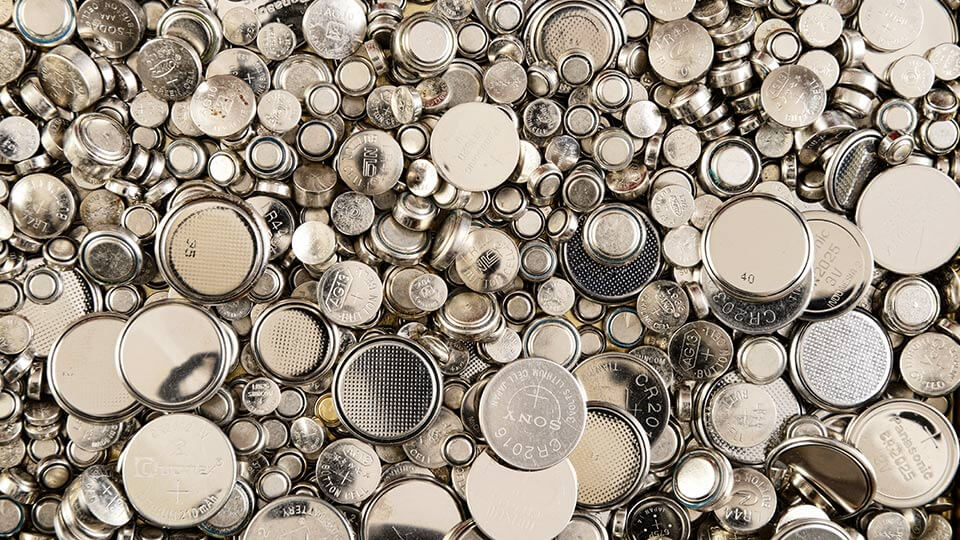
It’s early days yet in the move from an oil-fuelled economy to one that runs on batteries, but analysts are looking into their crystal balls
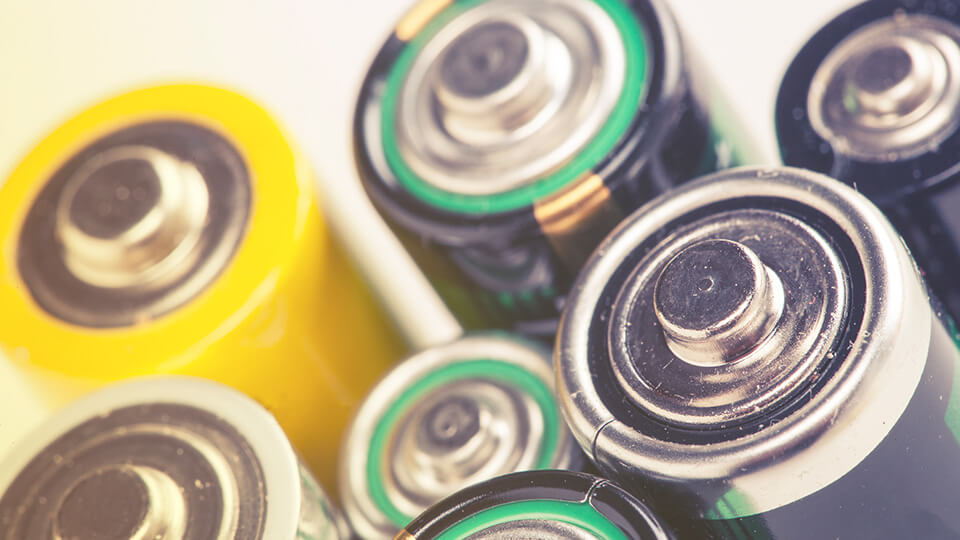
A key to successful recycling is to make it as easy as possible for everyone to get involved. Ecocycle kept this ideal in mind when

Whether it’s a huge national park or a small local reserve, parks and gardens improve our wellbeing and play an important role in creating a

Battery-powered toys are so common we barely give them or, more specifically their batteries, a second thought. Generally, the batteries contained in toys do their